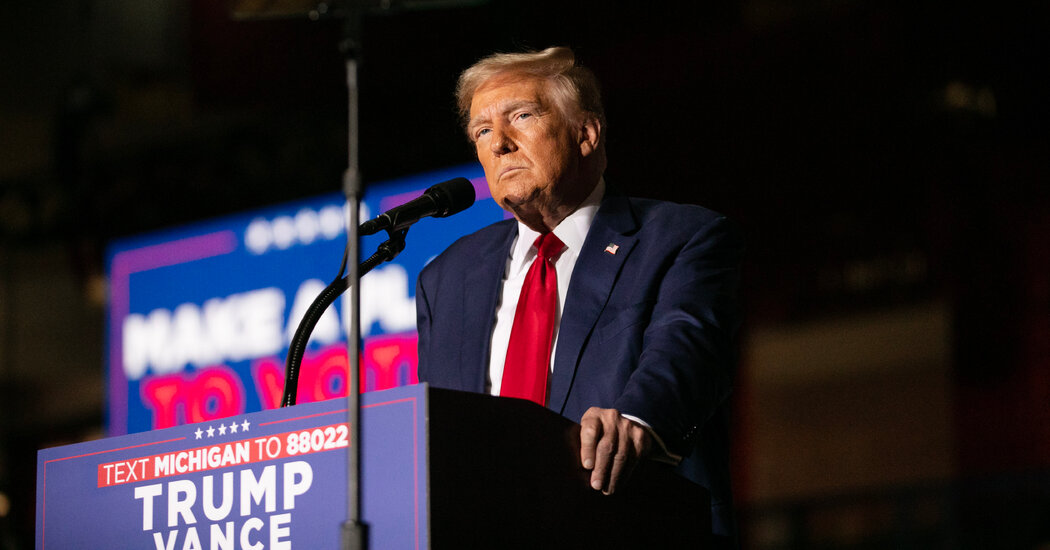Trump’s Economic Proposals: A Recipe for Debt and Higher Costs for Most Americans?
As the 2024 election heats up, former President Donald J. Trump’s economic proposals are raising eyebrows—and concerns. Recent analyses suggest that his plans could not only inflate the nation’s already hefty debt but also lead to increased costs for the majority of Americans. Two in-depth studies have emerged, painting a picture of a potentially costly and regressive economic agenda that could hit lower and middle-income families the hardest.
The Committee for a Responsible Federal Budget, a nonpartisan organization focused on reducing deficits, has estimated that Trump’s various economic proposals could add a staggering $15 trillion to the national debt over the next decade. To put that into perspective, that figure is nearly double the projected impact of the economic plans being put forth by Vice President Kamala Harris. That’s a lot of zeros, and it raises serious questions about fiscal responsibility.
Meanwhile, the Institute on Taxation and Economic Policy (ITEP), a liberal think tank, has conducted its own analysis, revealing that Trump’s tax and tariff plans would likely result in tax increases for nearly every income group—except for the wealthiest 5%. This means that while the rich might see some benefits, the average American could end up paying more.
Now, it’s important to note that these two studies take slightly different approaches. The budget group focused on the long-term costs of both candidates’ tax and spending plans over ten years, while ITEP zeroed in on the immediate impacts of Trump’s proposals in 2026. However, the consensus is clear: Trump’s economic agenda could be both expensive and unfair, disproportionately burdening those who can least afford it.
Throughout his campaign, Trump has floated a variety of ambitious policies, including exempting certain forms of pay from taxes and imposing broad tariffs on nearly all imports. He’s also keen on extending parts of the 2017 tax law that are set to expire soon. These proposals sound appealing on the surface, but the underlying implications could be troubling.
Steve Wamhoff, the federal policy director at ITEP, summed it up succinctly: “It’s almost difficult to come up with a tax plan that would raise taxes on most Americans, but still increase the deficit by hundreds of billions of dollars a year — and that’s what this does.” It’s a stark reminder that while tax cuts may be popular, they often come with hidden costs that can affect everyday Americans.
As voters weigh their options in the upcoming election, it’s crucial to consider the long-term implications of these economic proposals. Will they lead to a stronger economy for all, or will they deepen the divide between the wealthy and everyone else? With the stakes this high, it’s more important than ever for Americans to stay informed and engaged in the conversation about the future of the nation’s economy.


